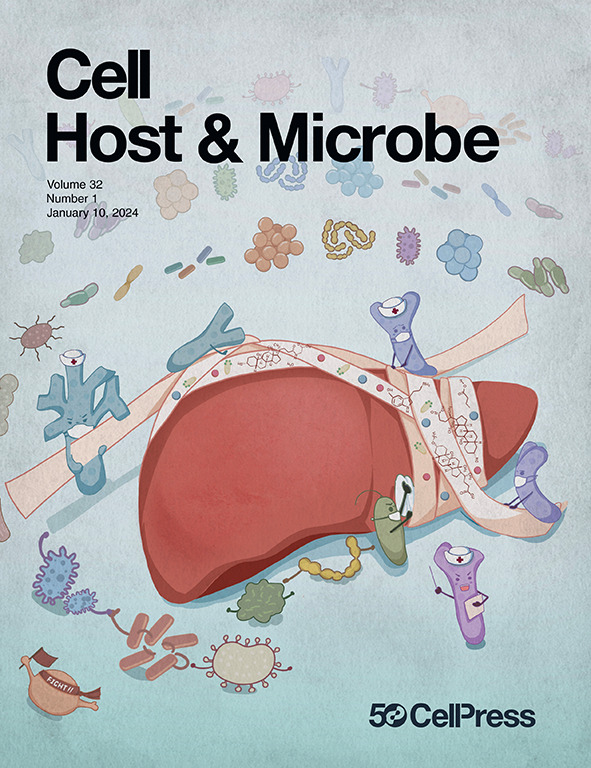Unlocking the power of human milk and infant feeding: Understanding how nutrition and early microbiota interaction shapes health programming
IF 18.7
1区 医学
Q1 MICROBIOLOGY
引用次数: 0
Abstract
Human milk represents a highly evolved bioactive system that promotes colonization by infant microbial pioneers, supports immune maturation, and fosters infant development. Beyond providing nutrition, human milk contains key bioactive components, such as microbes, metabolites, human milk oligosaccharides, immunoglobulins, lactoferrin, and antimicrobial peptides. These factors influence colonization of the infant gut microbiome and facilitate immune development and metabolic health, with implications for health outcomes and risk of non-communicable diseases. In this review, we highlight the impact of infant feeding, human milk constituents (especially bioactive compounds), and weaning on infant microbial trajectories. By understanding how early-life nutrition influences microbial colonization and nutrient sensing, i.e., “how we feed our microbes,” we can develop targeted interventions and personalized diets to support proper gut maturation and disease prevention from infancy to adulthood, as well as explore the therapeutic potential of human milk bioactives beyond infancy, offering new strategies for disease prevention and treatment.释放母乳和婴儿喂养的力量:了解营养和早期微生物群的相互作用如何影响健康规划
母乳是一种高度进化的生物活性系统,促进婴儿微生物先驱者的定植,支持免疫成熟,促进婴儿发育。除了提供营养,人乳还含有关键的生物活性成分,如微生物、代谢物、人乳低聚糖、免疫球蛋白、乳铁蛋白和抗菌肽。这些因素影响婴儿肠道微生物群的定植,促进免疫发育和代谢健康,对健康结果和非传染性疾病的风险产生影响。在这篇综述中,我们强调了婴儿喂养、母乳成分(特别是生物活性化合物)和断奶对婴儿微生物轨迹的影响。通过了解生命早期营养如何影响微生物定植和营养感知,即“我们如何喂养我们的微生物”,我们可以制定有针对性的干预措施和个性化饮食,以支持从婴儿期到成年期的适当肠道成熟和疾病预防,并探索婴儿期以后母乳生物活性物质的治疗潜力,为疾病预防和治疗提供新的策略。
本文章由计算机程序翻译,如有差异,请以英文原文为准。
求助全文
约1分钟内获得全文
求助全文
来源期刊

Cell host & microbe
生物-微生物学
CiteScore
45.10
自引率
1.70%
发文量
201
审稿时长
4-8 weeks
期刊介绍:
Cell Host & Microbe is a scientific journal that was launched in March 2007. The journal aims to provide a platform for scientists to exchange ideas and concepts related to the study of microbes and their interaction with host organisms at a molecular, cellular, and immune level. It publishes novel findings on a wide range of microorganisms including bacteria, fungi, parasites, and viruses. The journal focuses on the interface between the microbe and its host, whether the host is a vertebrate, invertebrate, or plant, and whether the microbe is pathogenic, non-pathogenic, or commensal. The integrated study of microbes and their interactions with each other, their host, and the cellular environment they inhabit is a unifying theme of the journal. The published work in Cell Host & Microbe is expected to be of exceptional significance within its field and also of interest to researchers in other areas. In addition to primary research articles, the journal features expert analysis, commentary, and reviews on current topics of interest in the field.
 求助内容:
求助内容: 应助结果提醒方式:
应助结果提醒方式:


